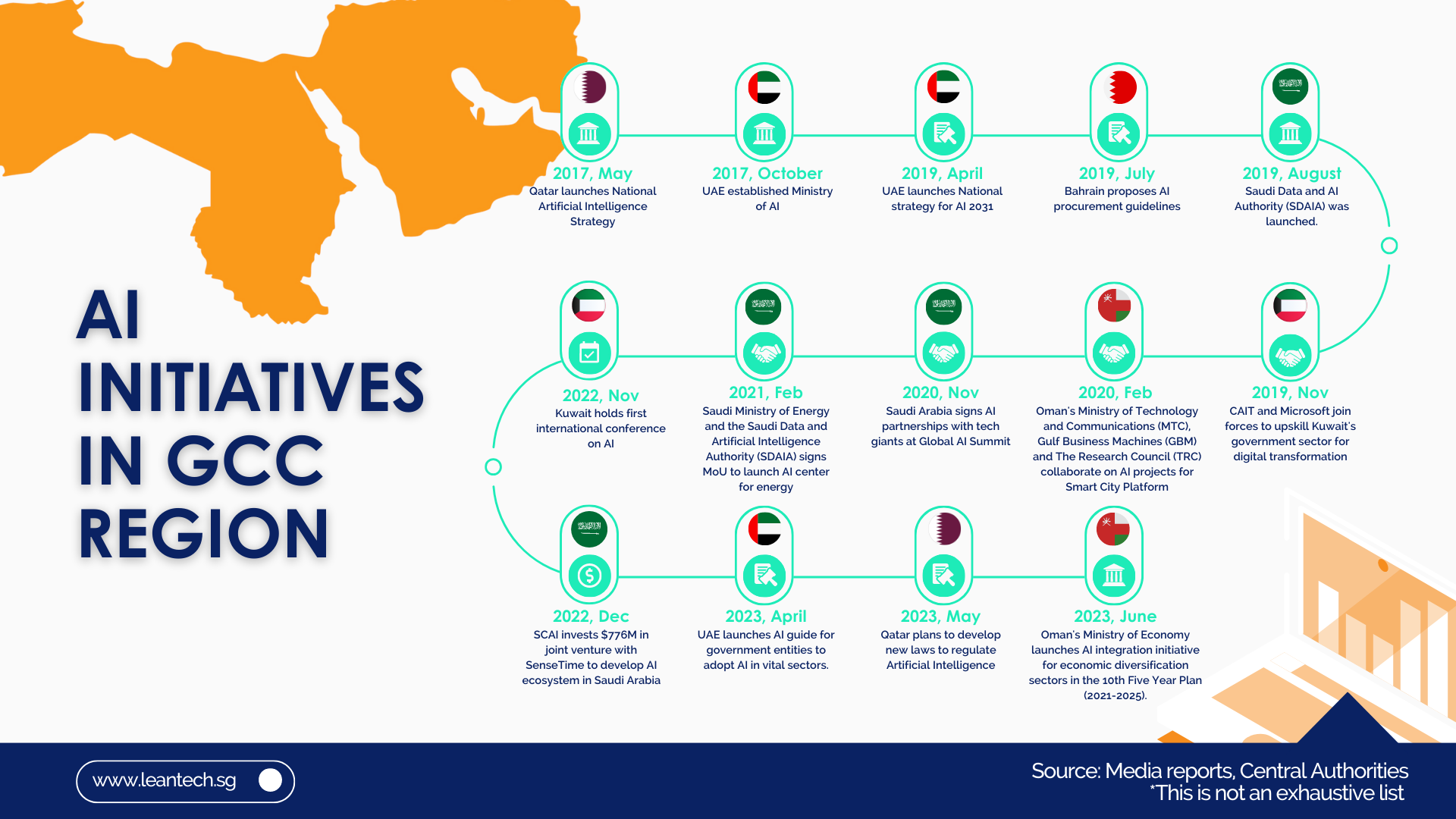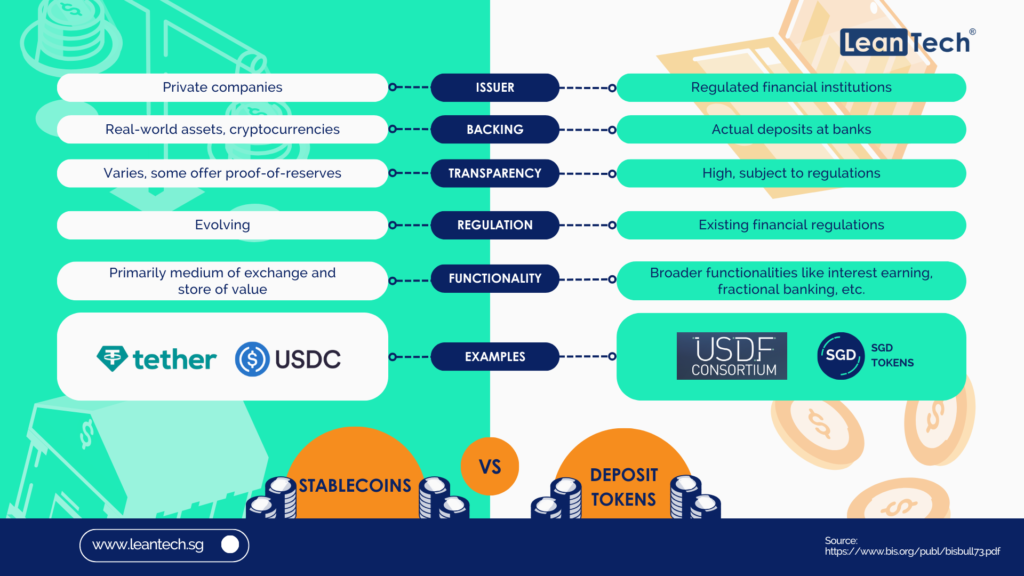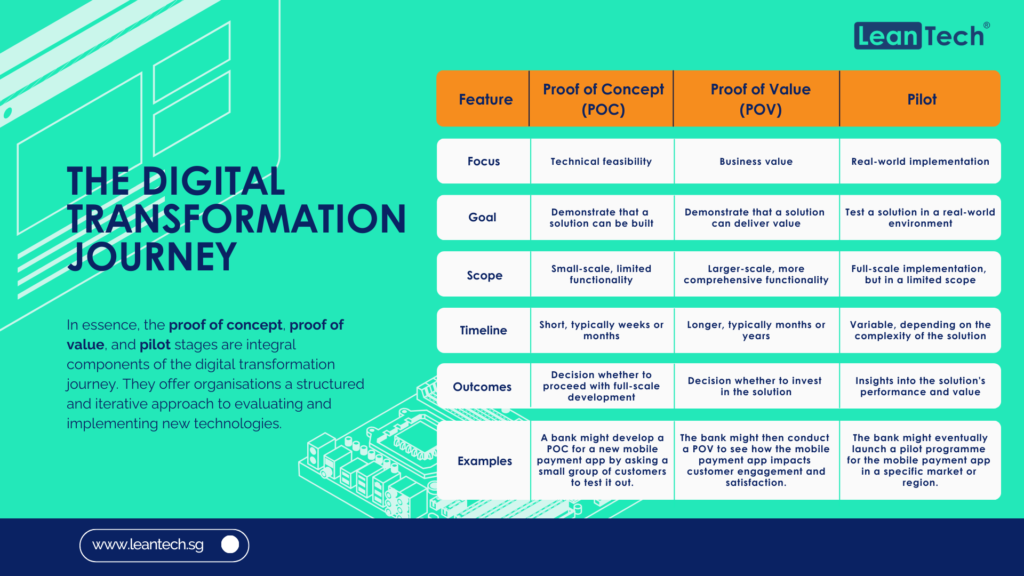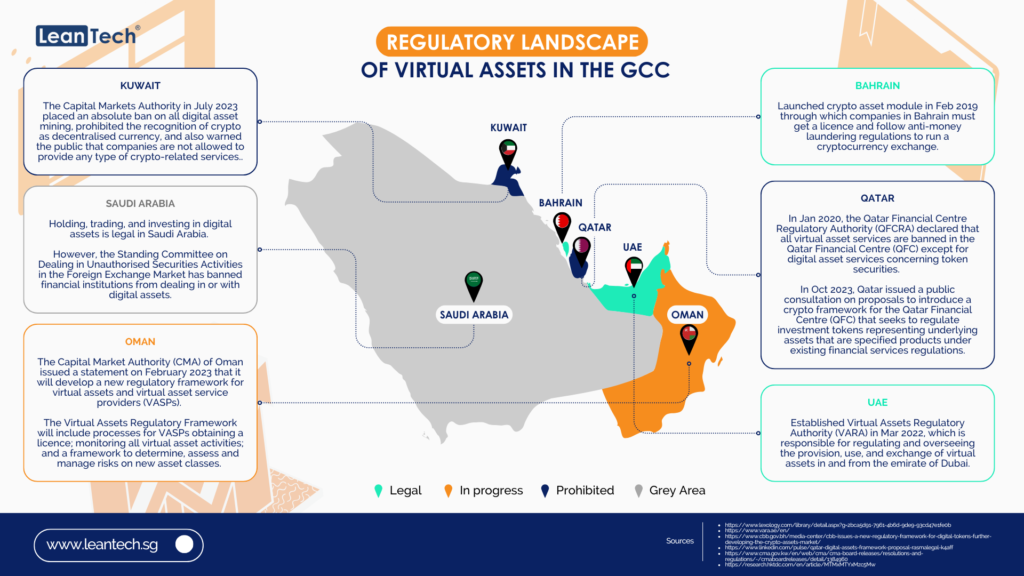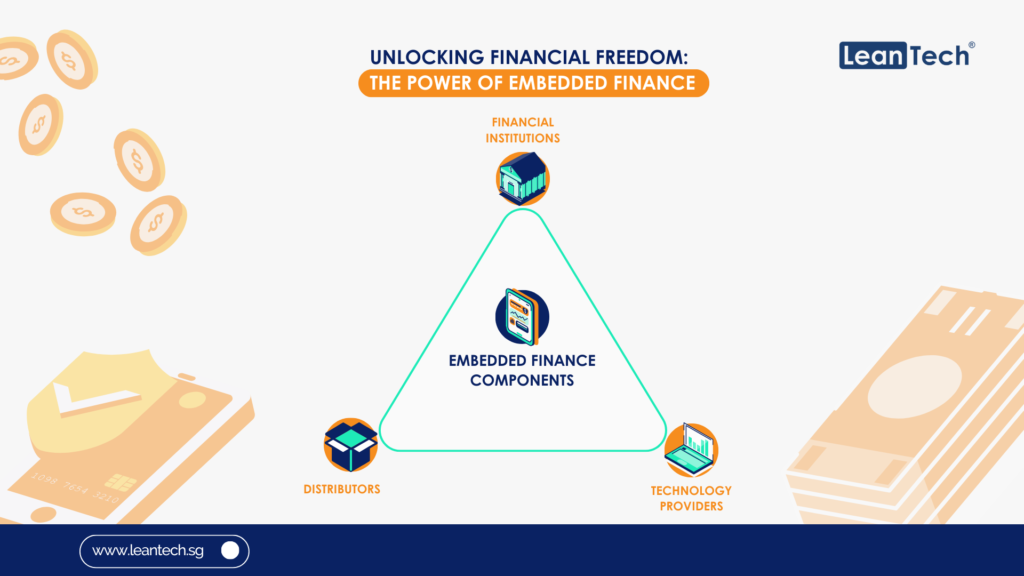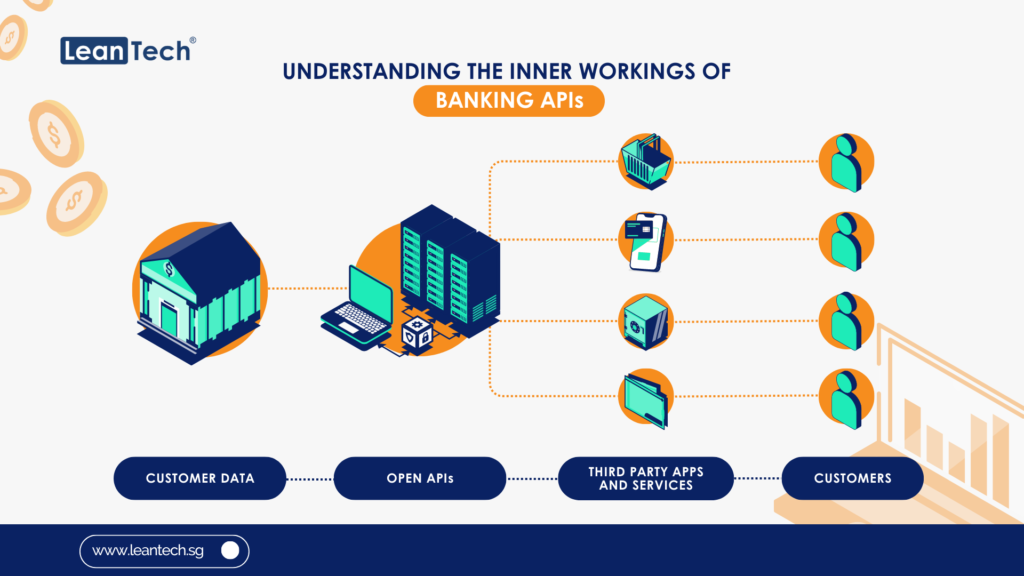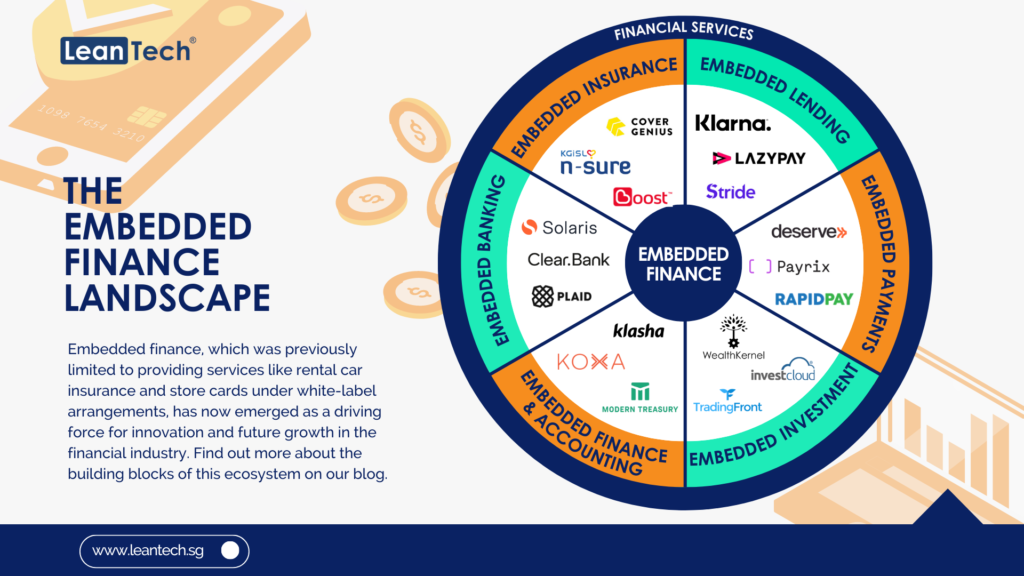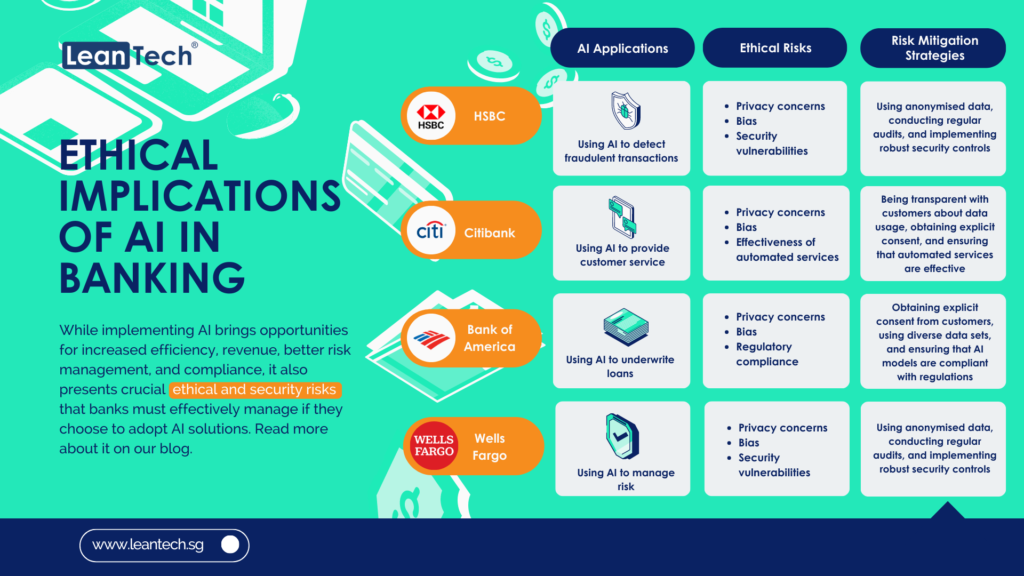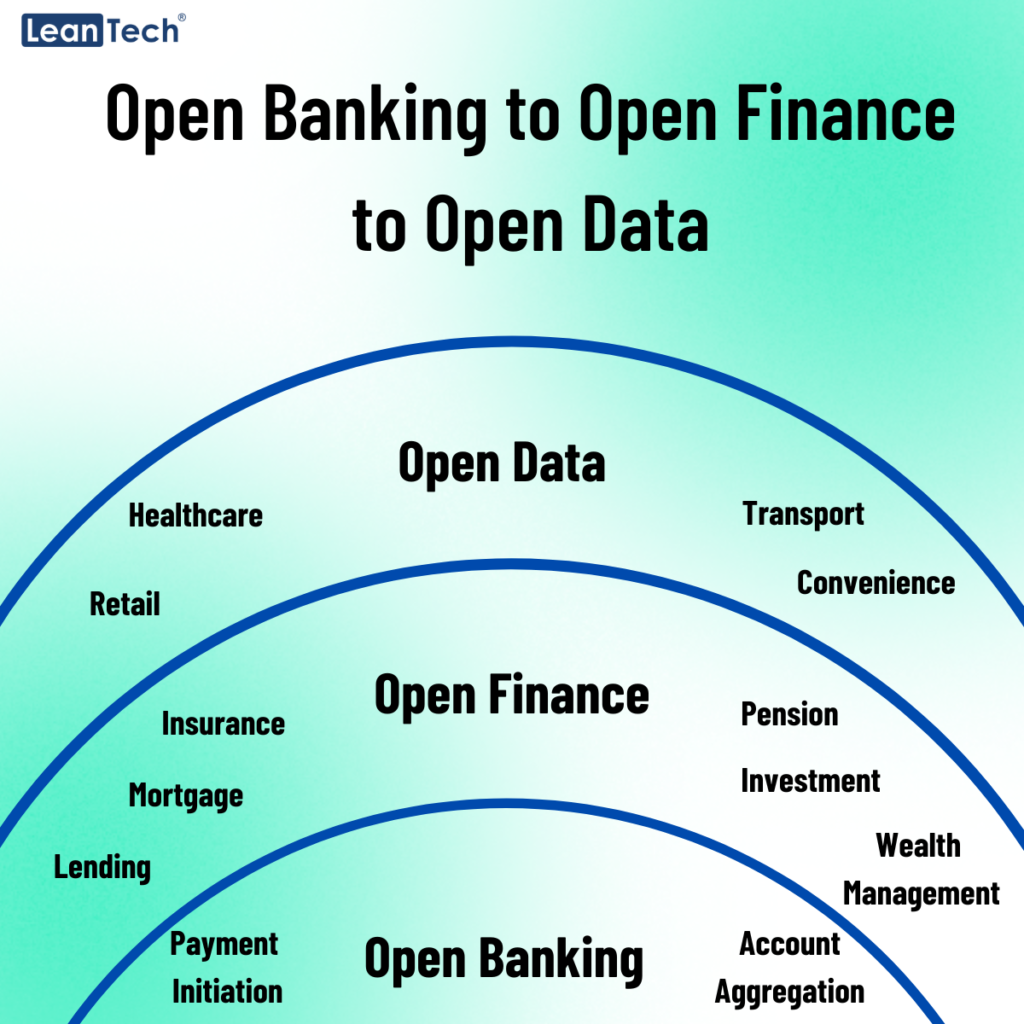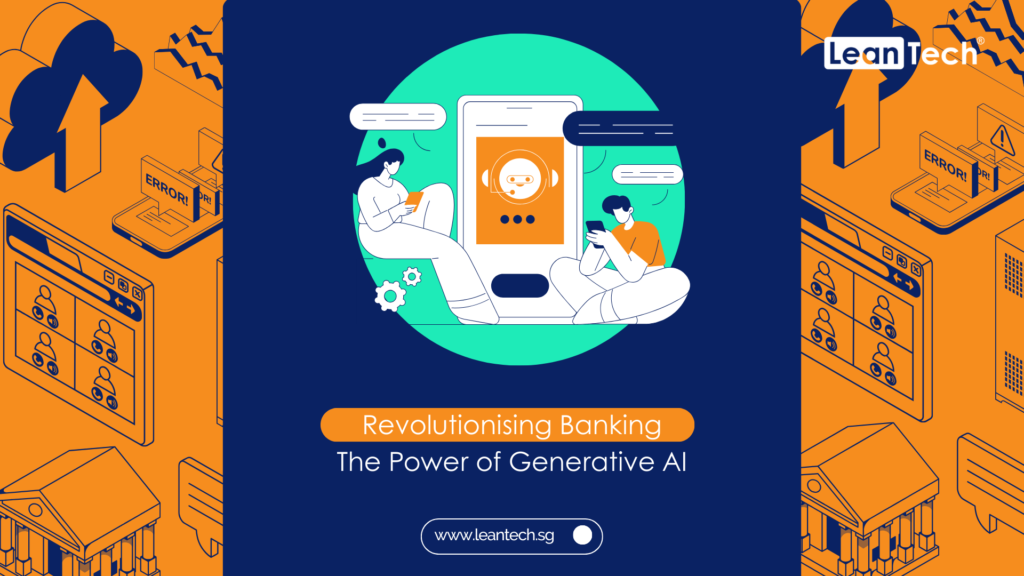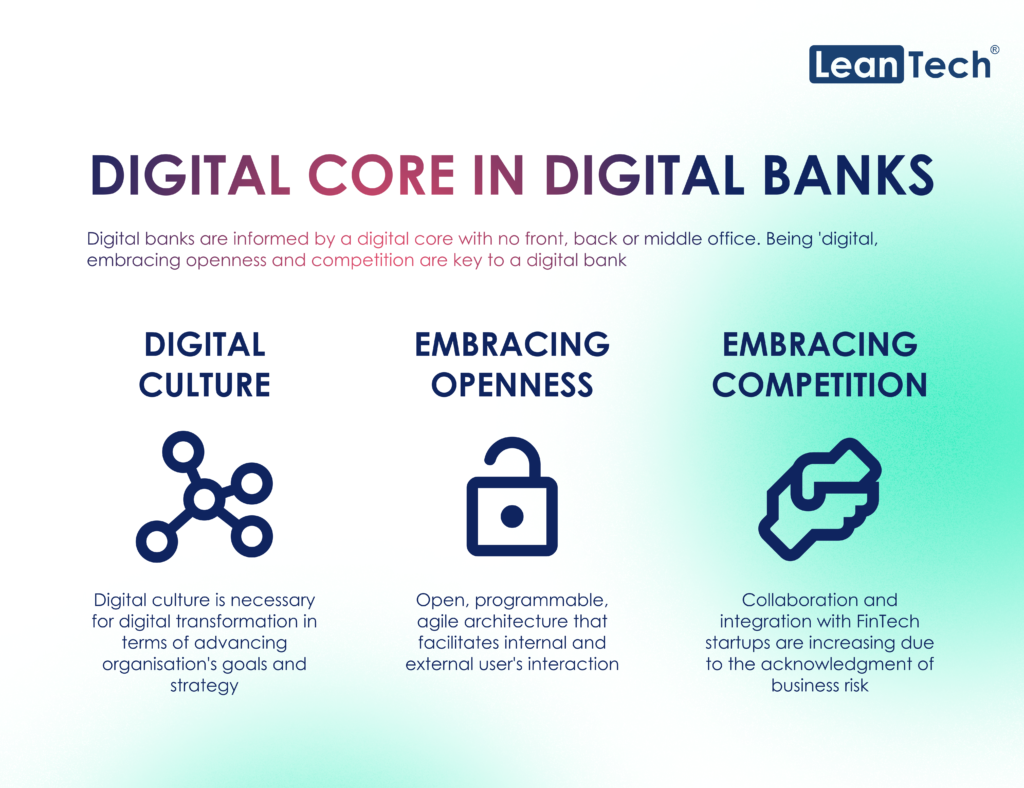The Gulf Cooperation Council (GCC) countries, consisting of Bahrain, Kuwait, Oman, Qatar, Saudi Arabia, and the United Arab Emirates (UAE), have embarked on comprehensive AI initiatives to harness the transformative power of artificial intelligence. These nations recognise the potential of AI to revolutionise sectors ranging from healthcare and transportation to governance and education. In this blog, we will delve into the key AI initiatives undertaken by each GCC country, highlighting their collaborative efforts, strategic partnerships, and long-term goals.
In addition to the collaborative efforts and strategic partnerships, the GCC countries have also undertaken individual initiatives to harness the power of artificial intelligence. These initiatives vary across the countries and are tailored to their specific needs and priorities. Let’s explore each of them one by one!
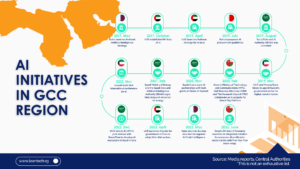
Bahrain
In July 2019, Bahrain’s government introduced AI procurement guidelines aimed at promoting the responsible and ethical adoption of AI solutions across government agencies. These guidelines provide a framework to ensure that AI technologies are implemented in a manner that prioritises privacy, data security, and transparency. By following these guidelines, Bahrain seeks to build public trust and confidence in the deployment of AI while reaping its benefits.
Kuwait
Recognising the importance of a digitally skilled government sector, Kuwait’s government forged a strategic partnership with Microsoft in November 2019. This collaboration focuses on upskilling government officials to effectively leverage AI and other digital technologies. By providing training programs and knowledge-sharing platforms, Kuwait aims to equip its workforce with the skills needed for digital transformation, enabling efficient public service delivery and enhanced decision-making processes.
Oman
Oman has demonstrated its commitment to harnessing AI’s potential for building smart cities. In February 2020, the Ministry of Technology and Communications, Gulf Business Machines, and the Research Council collaborated on AI projects for a Smart City Platform. These initiatives aim to enhance traffic management, optimise water efficiency, and improve waste management through AI-driven solutions. By leveraging data analytics and machine learning, Oman seeks to create sustainable and livable urban environments that prioritise resource optimisation and citizen well-being.
Qatar
In March 2017, Qatar launched its ambitious National Artificial Intelligence Strategy. This comprehensive strategy outlines the government’s vision for leveraging AI across various sectors to enhance the quality of life for its citizens. By integrating AI into areas such as healthcare, education, and transportation, Qatar aims to drive innovation, improve service delivery, and stimulate economic growth. The strategy also focuses on nurturing local AI talent and fostering international collaborations to position Qatar as a regional AI hub.
Saudi Data and AI Authority (SDAIA):
Saudi Arabia’s commitment to AI is exemplified by the establishment of the Saudi Data and AI Authority (SDAIA) in August 2019. As the governing body responsible for developing and implementing the nation’s AI strategy, SDAIA plays a pivotal role in driving AI adoption and innovation. The authority aims to build a robust AI ecosystem by fostering partnerships with academia, industry, and the public sector. Through its initiatives, Saudi Arabia aims to stimulate economic diversification, create job opportunities, and address societal challenges using AI technologies.
UAE’s Ministry of AI and National Strategy for AI 2031:
The United Arab Emirates (UAE) has taken significant strides in the field of AI with the establishment of the Ministry of AI in October 2017. Complementing this, the UAE launched the National Strategy for AI 2031 in April 2019. These initiatives envision the integration of AI into various sectors, including healthcare, transportation, and education, to drive economic growth and societal transformation. The UAE aims to leverage AI to enhance government services, facilitate innovation, and create a knowledge-based economy. The strategy also emphasizes the importance of developing AI talent and promoting ethical AI practices.
The way forward
The GCC countries have embarked on ambitious AI initiatives to embrace the potential of artificial intelligence fully. Through strategic collaborations, national strategies, and the establishment of dedicated authorities, these nations are spearheading digital transformation in the region. By adopting responsible and ethical approaches, fostering partnerships, and investing in talent development, the GCC countries are well-positioned to reap the rewards of AI-driven innovation and create a prosperous future for their citizens.

